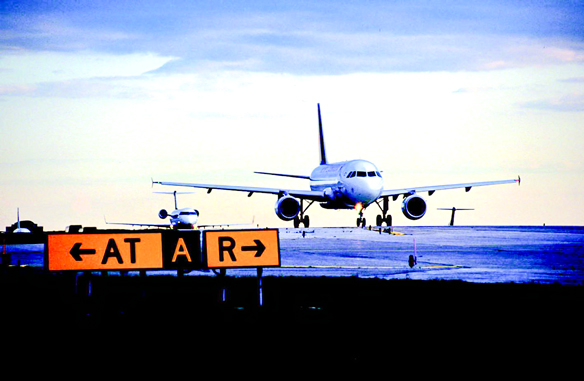Is This The Early Stages Of Recovery?

IATA reports that passenger demand in May (measured in revenue passenger kilometres or RPKs), dropped 91.3% compared to May 2019. This was a mild uptick from the 94% annual decline recorded in April 2020. The improvement was driven by recovery in some domestic markets, most notably China.
Alexandre de Juniac, director general and CEO for IATA, commented: “May was not quite as terrible as April. That’s about the best thing that can be said. As predicted, the first improvements in passenger demand are occurring in domestic markets. International traffic remained virtually stopped in May. We are only at the very beginning of a long and difficult recovery. And there is tremendous uncertainty about what impact a resurgence of new COVID-19 cases in key markets could have.”
May international passenger demand fell 98.3% compared to May 2019, which was virtually unchanged from the 98.4% decline recorded in April. Capacity plummeted 95.3%, and load factor sank 51.9 percentage points to 28.6% meaning a bit more than a quarter of seats were filled, on average.
Domestic traffic fell 79.2% in May. This was an improvement compared to an 86.2% decline in April. Domestic capacity fell 69.2% and load factor dropped 27.2 percentage points to 56.9%.
IATA’s boss said: “We appear to be in the very early stages of a recovery in air travel. But the situation is fragile. We need governments to support and strengthen the restart by quickly implementing the International Civil Aviation Organization’s (ICAO’s) global guidelines for restoring air connectivity contained in ICAO’s Takeoff: Guidance for Air Travel through the COVID-19 Public Health Crisis.”
He continued: “Governments also need to avoid adding blockers to the recovery, such as implementing entry quarantines. They have the same impact as outright travel bans and will keep economies closed down to the benefits of aviation connectivity. Governments should also avoid new fees and charges to cover the cost of COVID-19 related health measures (such as testing and contact tracing), which will make travel less accessible.
And de Juniac continued: “Travel and tourism accounts for 10.3% of global GDP and 300 million jobs. It is in everybody’s interest, including governments, to remove barriers to travel as soon as it is safe to do so. And in the process, it is critical that governments don’t stall the fragile recovery by introducing new regulatory or cost barriers to travel.”


